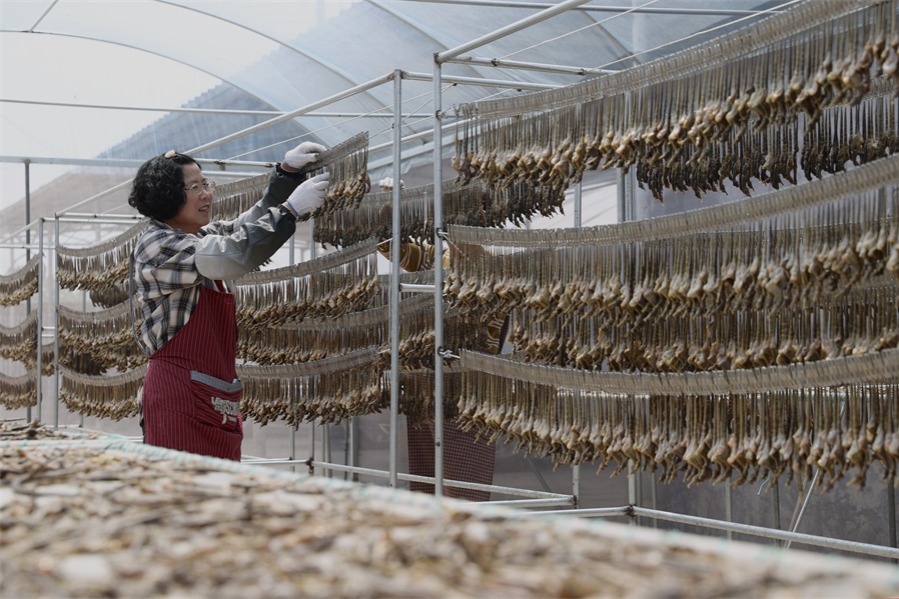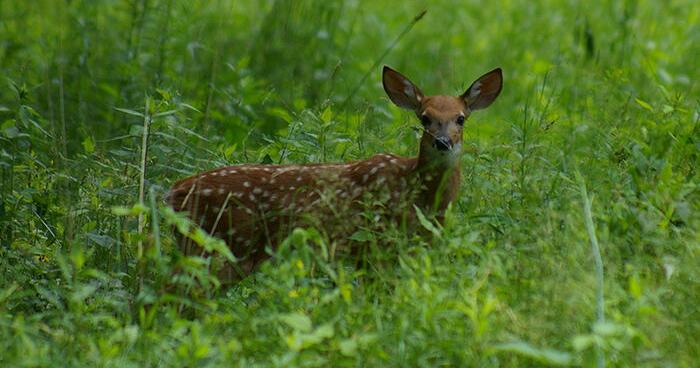With many individuals pursuing sustainable living choices, environmentally friendly pest management has become a viable substitute for conventional chemical approaches. These eco-conscious techniques focus on prevention, natural deterrents, and biological methods to reduce harm to humans, pets, and the environment. Gaining insight into pest behavior and utilizing non-toxic alternatives, homeowners can safeguard their properties while avoiding pollution and protecting local ecosystems.
In cases where infestations become severe, calling a professional exterminator doesn’t necessarily mean turning to harsh chemicals. Modern pest control specialists offer environmentally conscious options that align with eco-friendly values. These services may include using essential oil-based sprays, physical traps, or introducing beneficial insects. Ultimately, eco-conscious pest control supports a healthier home and planet, balancing effectiveness with sustainability.

Integrated Pest Management (IPM) represents the future of pest control by providing a sustainable, holistic approach. This strategy involves understanding pests’ life cycles and environmental interactions to manage them effectively. IPM uses a combination of techniques, including enhancing sanitation, utilizing mechanical controls like traps, and applying targeted treatments only when necessary. This approach significantly minimizes the necessity for chemical treatments. The holistic nature of IPM promotes a more balanced ecosystem where pests are managed effectively without blanket eradication. IPM helps reduce chemical exposure and facilitates a healthier living environment while effectively controlling pests.
In today’s market, organic pest control solutions have gained immense popularity among environmentally conscious consumers. These solutions often involve the use of naturally occurring substances such as neem oil, chrysanthemum, and other plant-based oils that have pesticidal properties. Unlike synthetic chemicals, these organic pesticides degrade quickly and do not accumulate in the soil or water. Furthermore, innovations in this area have led to developing more effective organic products that can rival chemical pesticides in their efficacy. These organic methods protect the ecosystem and enhance soil and plant health, creating a robust and sustainable gardening or farming system.
Embracing nature’s balance, many eco-friendly pest control practices use natural predators. These organisms naturally prey on pests, keeping their populations in check. For example, ladybugs consume aphids voraciously, while bats and birds can reduce mosquito and caterpillar populations. Individuals can control pests naturally without chemical interventions by creating an environment that attracts and sustains these beneficial predators. This method helps in pest management, promotes biodiversity, and enhances the ecosystem’s health.
One of the fundamental principles of eco-friendly pest control is striving to maintain an ecological balance between pest management and ecosystem health. The application of pesticides provides immediate pest control but can decrease biodiversity, which is essential for the stability of ecosystems. Eco-friendly pest control methods work to restore this balance through sustainable practices. These practices aim to reduce the collateral environmental damage often associated with pest control measures. By focusing on maintaining healthy ecosystems, these methods help preserve essential ecological processes, reduce pollution, and foster environments resilient to climate change.
Share This Story, Choose Your Platform!
This site uses Akismet to reduce spam. Learn how your comment data is processed.










